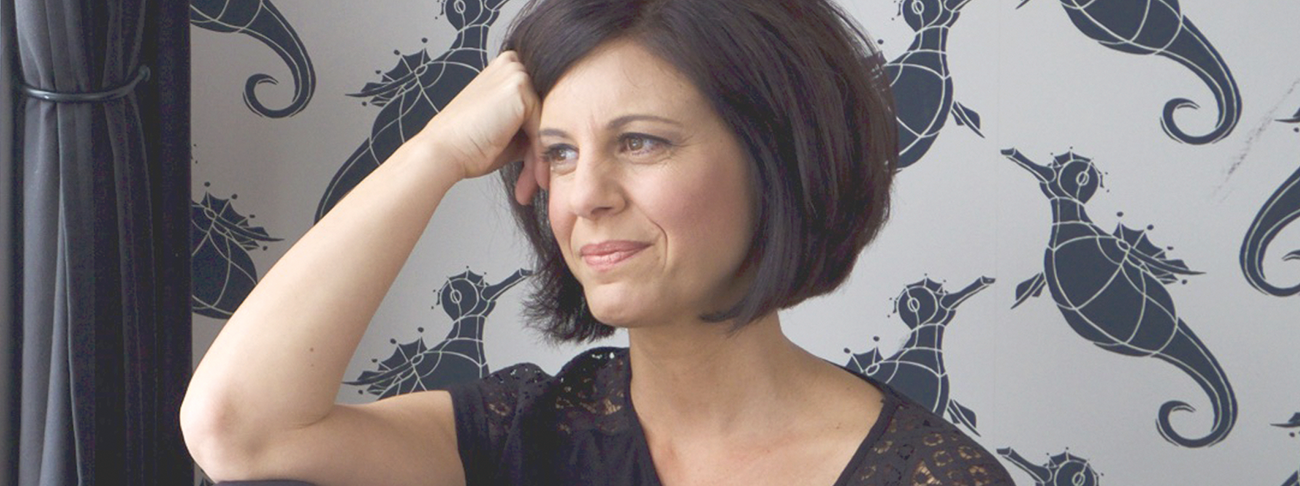
Melanie Adrian is an associate professor in the faculty of public affairs at Carleton University, and chair of the Scholars at Risk Canada national steering committee. Scholars at Risk (SAR) is a US-based international network of academic institutions organized to support and defend the principles of academic freedom and the human rights of scholars around the world. Adrian also chairs Carleton’s SAR committee and recently began facilitating advocacy seminars in order to teach students the theory and practice of academic freedom.
You’ve been heavily involved with SAR both nationally and at the local level at Carleton University. What is the aim of your work?
SAR’s main objective is to raise awareness about academic freedom. All over the world, there are instances where academic freedom is threatened. For me this is significant because of the complex interrelationships between freedom, democracy and human rights; you can measure the democratic pulse of a nation through this lens. While the SAR program is not a long-term solution to threats to academic freedom and to scholars themselves, it is an opportunity for scholars to escape the often-dangerous environments in which they’ve been functioning.
How many institutions in Canada are involved?
Currently there are 23 universities, but I’m hoping to see all 96 Canadian universities involved in the future. I believe every university in Canada should be hosting at least one scholar. In addition, we are also calling for colleges to join the network. We’ve made some progress but still have a way to go. Five years ago, there were just five Canadian institutions involved. Since then, the national steering committee and two member representatives from the University of British Columbia have been working hard on outreach.
How is the program at Carleton doing?
The SAR program at Carleton turned five this year. The school has really taken on the challenge with vigour, and we’re delighted to say that we have two SAR positions on campus, with scholars staying with us for two years. It’s an opportunity for them to come from contexts of discrimination and harassment to safety. Typically, they come in as visiting faculty with limited term contracts with specific income and benefits. Carleton has also developed a comprehensive welcome package including counselling for victims of torture for example. We assist them in finding a place to live, settling their families, enrolling their children in schools, finding English training if required — anything to help them feel safe, settled and ready to resume their research.
You recently conducted an advocacy seminar, which is one of the programs SAR offers. What is the goal and how do they work?
Professors from various disciplines organize seminars around issues that involve academic freedom. Participating students learn about academic freedom and advocate for scholars. They do the on-the-ground awareness raising. It’s a fabulous opportunity for both the students and universities. In my most recent seminar, we focused on “what is truth?” and “what is fact?” which I thought was à propos to today’s climate. While examining these issues theoretically, we took up the case of the Saudi historian, Hatoon al-Fassi, who was involved in the movement to lift the ban on women driving and subsequently detained by Saudi authorities. Doing that kind of research together with that kind of practical work is valuable learning for students.
Where do the scholars come from?
Right now, about 52 per cent come from Turkey, about 20 per cent from Syria, with smaller percentages from Iran, sub-Saharan Africa, Iraq, etc. And while many people think the scholars most at risk are from the social sciences — perhaps conducting more “controversial” research in political studies or communications — that isn’t necessarily so. We find that about 32 per cent come from social sciences, but about 24 per cent from physical and life sciences. I once met a soil scientist from Ethiopia who was jailed for two years and tortured; his work touched on issues of desertification that were politically sensitive.
You’ve devoted much of your life over the last five years to SAR. Why?
It’s work that needs to be done. I believe strongly that academic freedom is centrally tied to the health of democracy, freedom and rights, both here in Canada and elsewhere. The scholarly community needs to emphasize that what we do in universities matters, and that our research and writing should be unencumbered.